In these virtual labs, students can perform activities such as examining organisms under a microscope, sequencing DNA or visiting exoplanets.
Images: Google
With the aim of taking scientific laboratories to low-income students and schools with limited facilities, the scientific education company Labster and Google created 30 virtual laboratories on the Daydream platform.
For many STEM students and teachers it is difficult to access physical spaces where they can carry out educational practices. In these Google virtual labs, students can perform activities such as examining organisms under a microscope or sequencing the DNA.
On the other hand, these VR laboratories provide the opportunity to perform activities that cannot be done in physical places. For example, see and manipulate DNA at the molecular level or visit Astakos IV exoplanet.
In these virtual labs, students enjoy unlimited time to practice. Also, these environments allow collaboration and facilitate instruction.
Some universities have already included Google virtual reality labs in their academic programs. For example, Arizona State University, specifically its online Biological Sciences program, began working with these virtual environments. As well as the University of Texas at San Antonio and the McMaster University in Canada.
Virtual reality and augmented reality as educational tools favor access to education to low-income students. Furthermore, these technologies encourage the creation of new teaching practices and methodologies.
If you want to know more about these technologies you can download the Edu trends virtual reality and augmented reality report here.
This article from Observatory of the Institute for the Future of Education may be shared under the terms of the license CC BY-NC-SA 4.0 
)
)
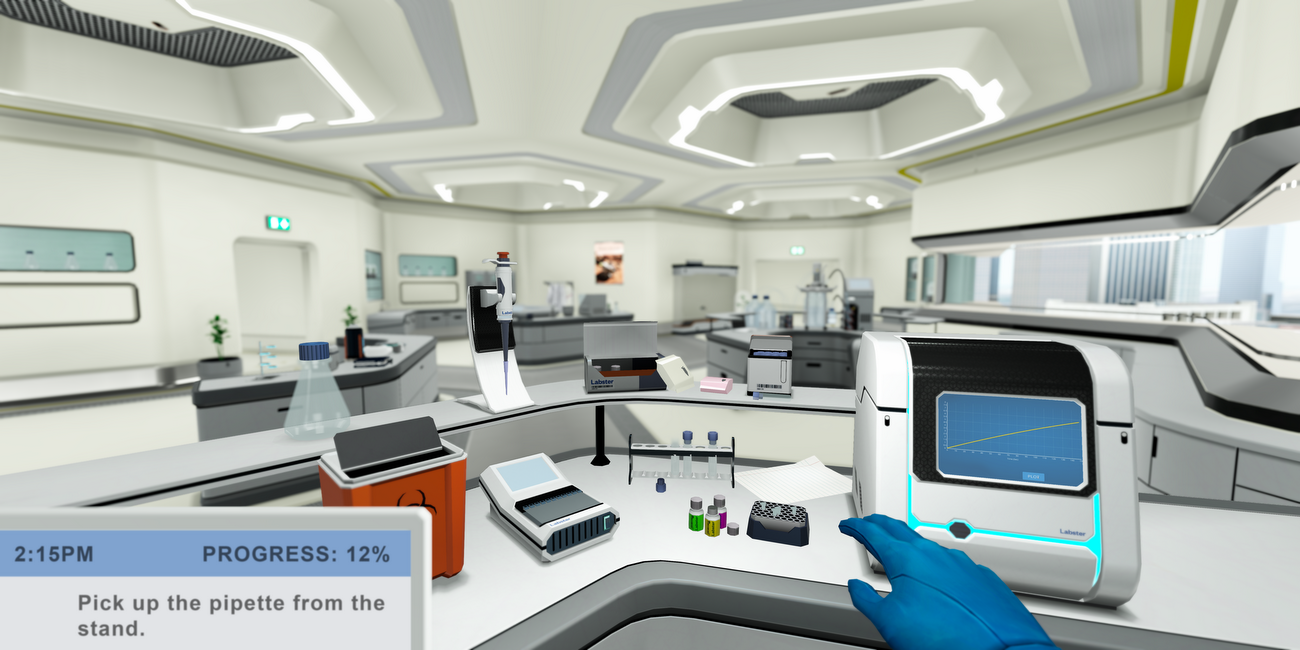
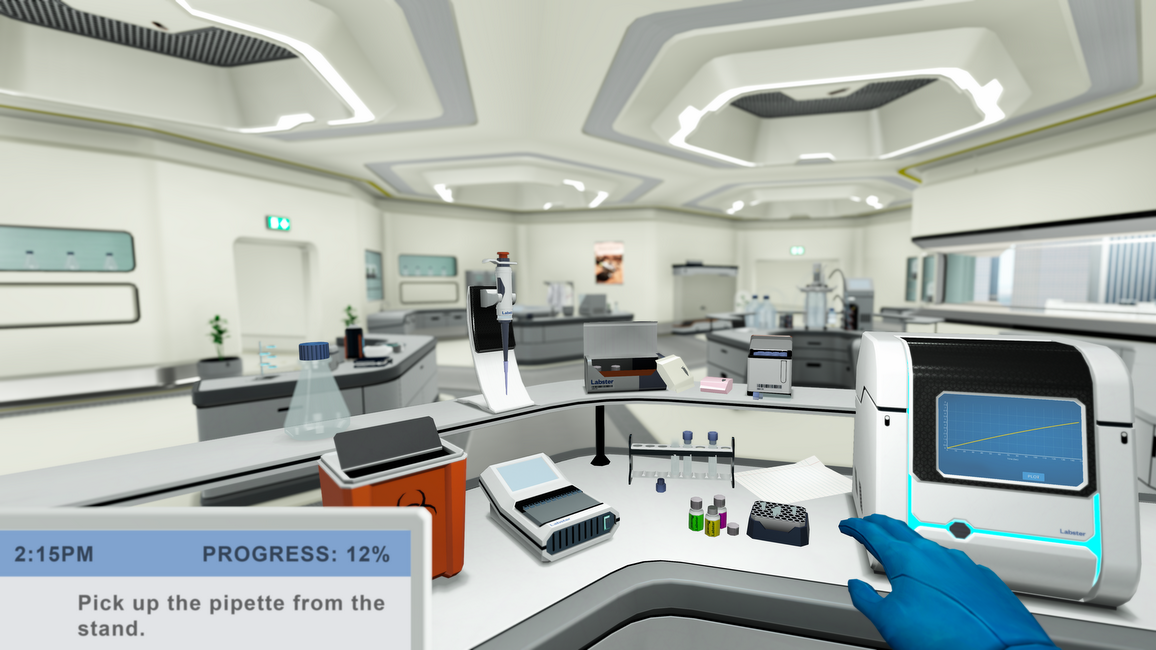
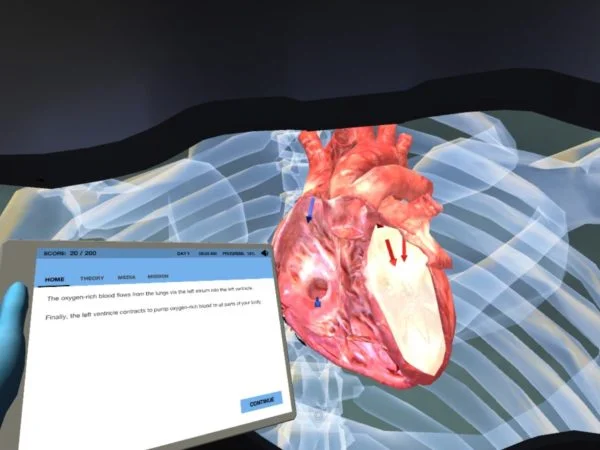

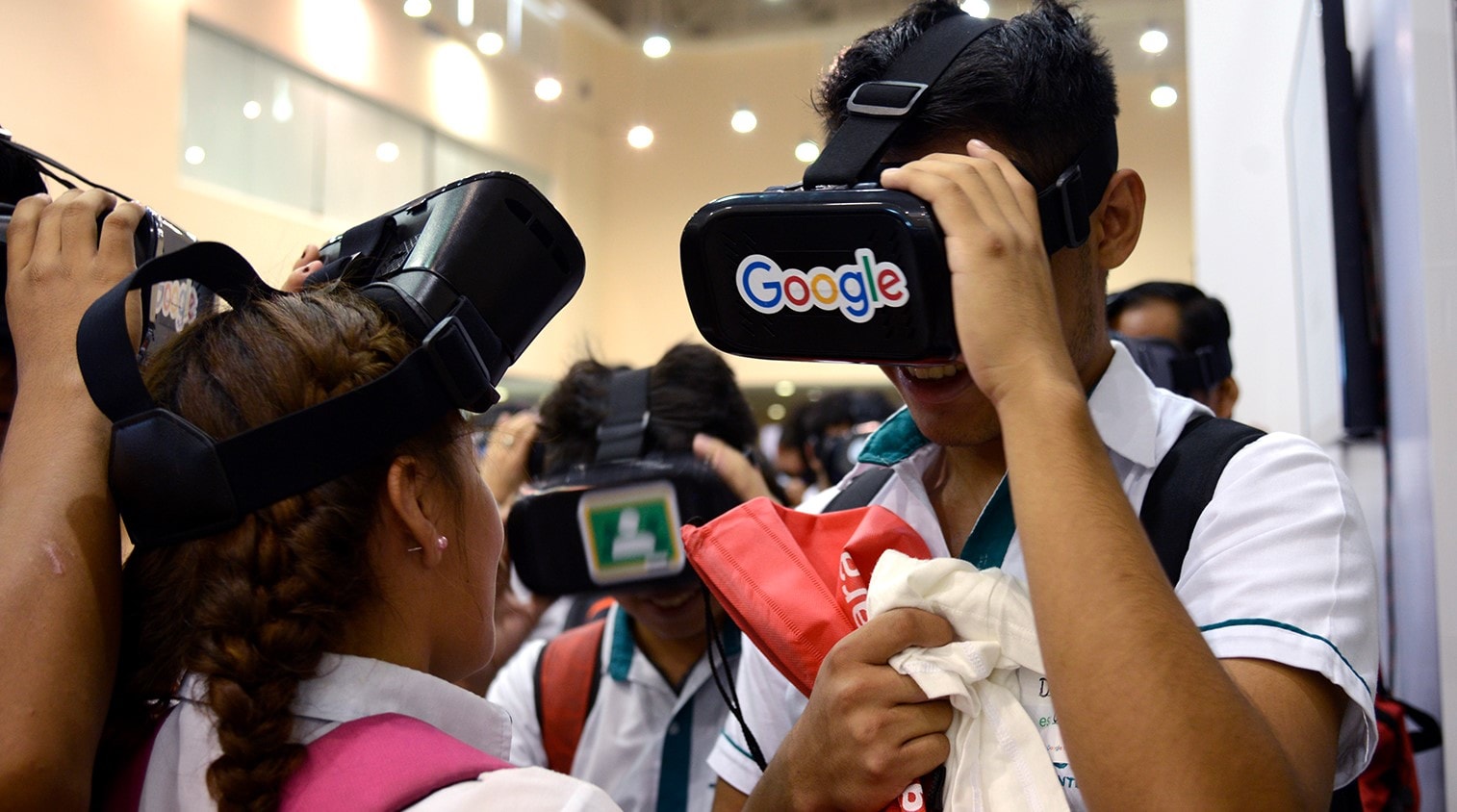
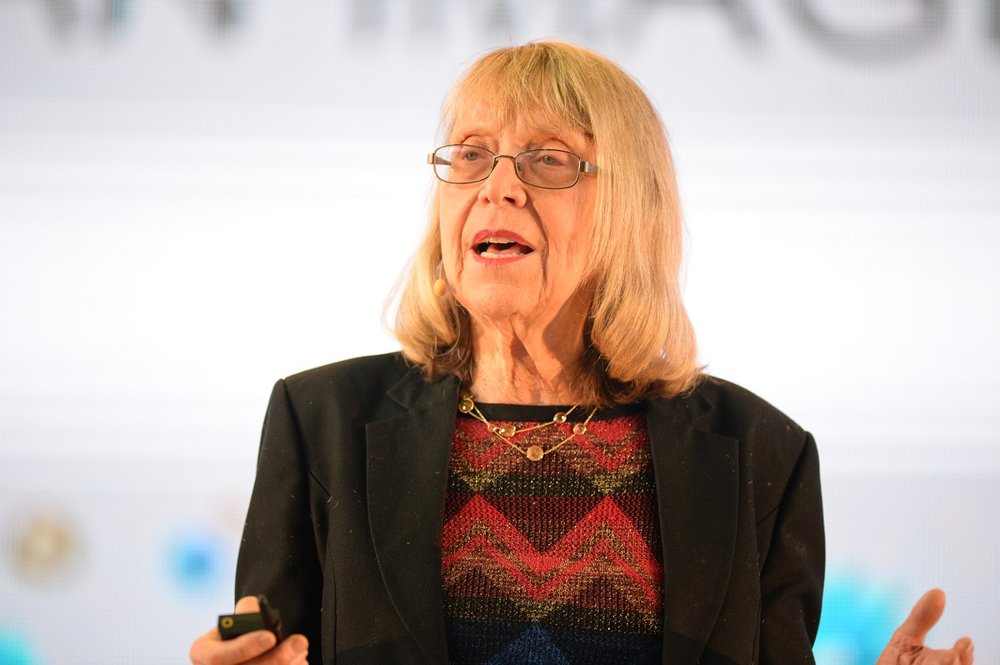





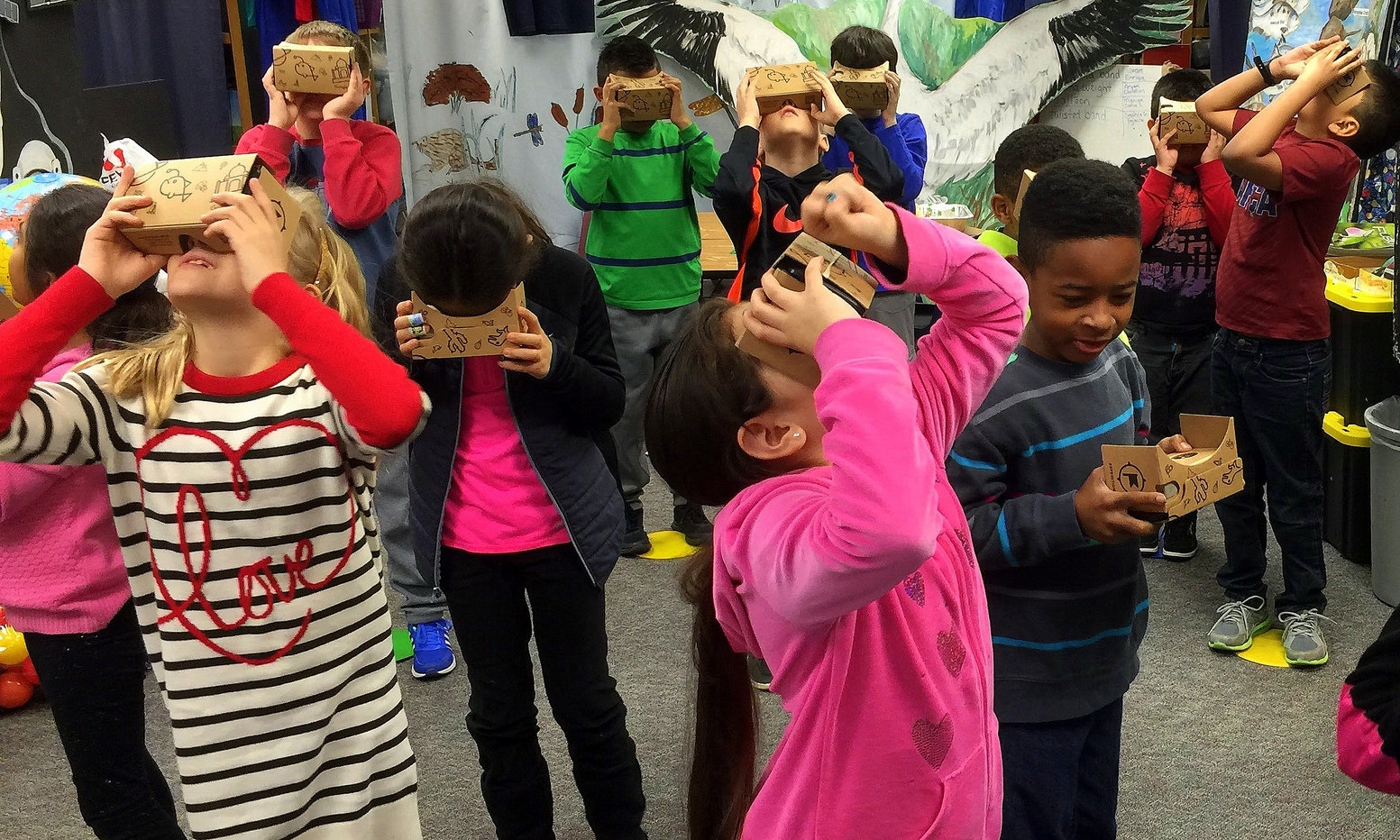
)
Christian Guijosa
Christian Guijosa
Christian Guijosa